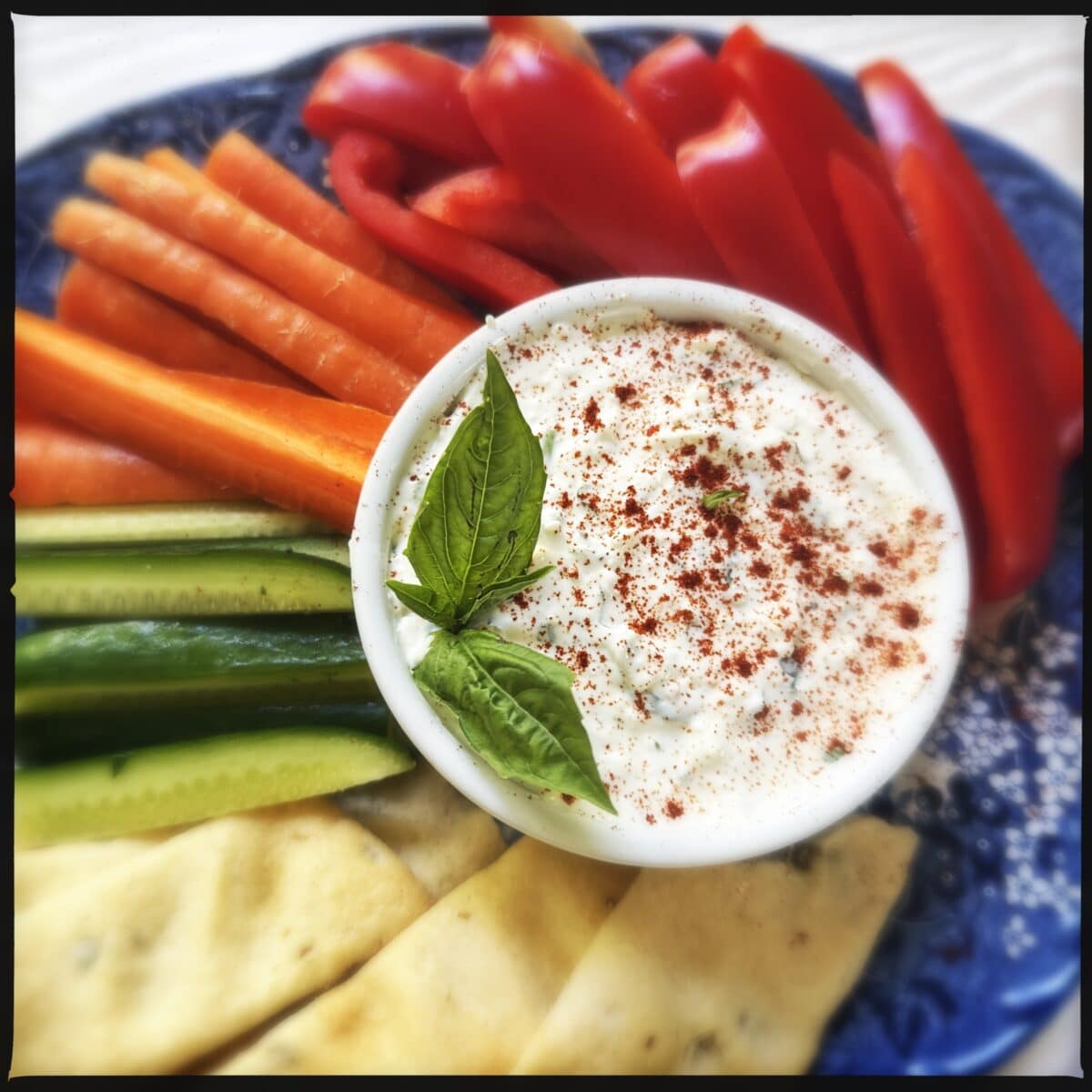
When I was growing up in Camden, St. Thomas’ Episcopal Church was an anchor for the community (and still is). The church motto: We are followers of Jesus who: “Worship in beauty, Question in faith, Serve in love,” is maybe one of the best I’ve ever read. My late mother was a special fan of the Christmas pageant and we loved rooting around for treasures at the rummage sales together.
If you have a chance to visit St. Thomas’ this summer, take particular note of the beauty of the English Gothic edifice (built in 1924). Inside, the stained glass windows “present a progression of the important events in the life of Christ, and were originally intended as aids in teaching children and adults the Gospel story.” The needlepoint kneelers at St. Thomas’ are also incredible works of art, all made by parishioners. You can’t miss the church—near the post office on what has been jokingly called “religion row” in Camden with the big white Baptist church just a couple of doors down toward the harbor.
So, I felt quite sentimental when leafing through St. Thomas’ 2006 cookbook, “Loaves & Fishes and Other Good Dishes,” and it didn’t take me beyond the first page to find a recipe I wanted to make for a small weekend gathering.
My 11-year-old son has a penchant for cooking and Boursin has long been a favorite for him to add to omelettes, atop his father’s homemade sourdough toast, or in pasta for a quick and easy dinner. We were browsing the book together and he saw this recipe right away.
“Wait! Mom! We can make our OWN Boursin?!” he exclaimed. “And it says that this is BETTER than Boursin?” So we went to the market and got to work. The recipe, contributed by longtime St. Thomas’ altar guild member Susan Freeman, is very straightforward and even invites minor modifications if you’re missing something like marjoram, which isn’t in everyone’s pantry. I prefer to use fresh herbs over dried but in a dairy base like this, dried herbs can be a fine substitute. In fact, that’s what Freeman prefers. “It seems like I’ve had this recipe forever,” she says. “It was given to me by a good friend in Pennsylvania at least 30 years ago.”
She also says it “must be made 24 hours in advance, so the flavors will have time to blend and mellow,” but it was also delicious that same evening with rosemary flatbread crackers and raw vegetables. My son wanted to mention that he thought that like Boursin, this fresh cheese spread would make meal preparation easier on a busy workday. His suggestions include: mixing it into hot roasted vegetables, as a topper for grilled fish, steak, or chicken, and as he’s done before–stirred into pasta. Freeman says she uses it as a base for tea sandwiches with thinly sliced cucumbers or radishes.
When we served our creation to our friends later that evening (with glasses of rosé), we said this prayer from the blessings included in the book:
We thank thee, Lord, for happy hearts,
For rain and sunny weather.
We thank thee, Lord, for this our food,
And that we are together.
–Emilie Fendall Johnson
Better Than Boursin
By Susan Freeman
Adapted slightly from “Loaves & Fishes and Other Good Dishes” by St. Thomas’ Episcopal Church, Camden, ME
Makes about two cups
16 ounces cream cheese, softened
1 stick (½ cup) butter, softened
2 cloves garlic, crushed
1 teaspoon dried oregano (or 1 tablespoon fresh chopped)
¼ teaspoon each dried thyme, marjoram, dill, and basil (or 1 teaspoon each fresh chopped)
¼ teaspoon freshly cracked black pepper
Blend all ingredients together, combining well. Refrigerate overnight to blend flavors. Serve with Carr’s Water Crackers. It will keep for a few weeks in the refrigerator. Note: Freeman divides it into half-cup or larger ramekins “so it is ready to serve when guests are here.”
Created as a way to fundraise and/or mark an anniversary, spiral-bound church cookbooks capture a moment in time, whether that moment is in the 1940s or the 1980s. The recipes they contain are tried and true favorites that have graced tables at countless Maine Episcopal church coffee hours, potlucks and progressive dinners. When the Communications Department discovered several of these cookbooks in the Diocese of Maine archives, we were inspired to share their recipes and stories. Do you have a Maine Episcopal church cookbook you’d like to donate to the archives? Email us here!